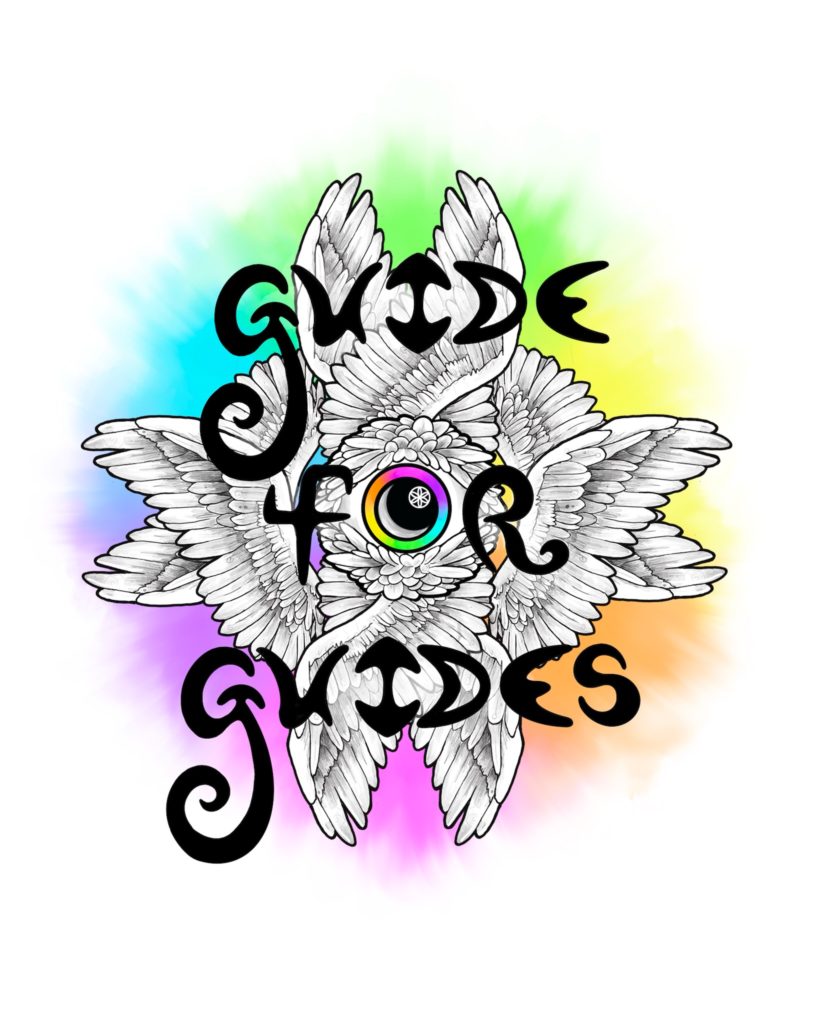
Available in Paperback, Hardcover, and Kindle.
“By a fortunate confluence of personal passion and professional training, Razma has cultivated profound mastery in navigating and negotiating the subtle intricacies of spaceholding during altered states of consciousness. Their life-long enthrallment with the written word paired with exploratory embodiment practices was catalyzed into a galvanizing mission having survived the forge fires of many forms of trauma including sexual assault and violence, intergenerational war trauma and displacement, intergenerational emotional abuse, emotional incest, adultification, domestic violence, robbery, loss of home due to spiritual gaslighting, and being late-diagnosed autistic. Stemming from this source sowing, Razma’s all-encompassing compassion and diligent intelligence on consent and boundary upkeep has flourished to fruition and they seek to spread the seeds from their hard-won harvest of healing knowledge widely.
From their first to their most recent trainings and transformations, Razma’s emphasis in stewarding spaces of sanctuary for tender beings germinated as a special interest in therapy and deepened through holistic graduate studies in transpersonal somatic psychology. Over decades of deepening into their body’s wisdom, they nurtured their capacity to empathize on a visceral level with others through conscious movement practices and communion and contribution to cultures that dared to dream of a new dawn. Razma learned through hard-won excruciating and exquisite experiences how to know when trauma is erupting – assisting in releasing a torrent of frozen unease from the vessel in which it was entombed, to sense when joyful play appropriately alternates to tempered techniques to titrate back down to safe simplicity in co-regulation and pendulation, and to detect when hands-on work could be helpful to hold welcome space for woven wounds to unfurl. Humbly hollowed by their own experiences of intensity, Razma summons strength from personally walking an path from healing from extreme violations and ruptures, finding faith that their role was to serve in reducing suffering so it may ebb to a sweeter slumber.
To share the support they so desperately sought, Razma penned into pregnant page their pearl received from pain to provide pathways to proceed towards peace. In this pursuit, Razma gifts us “Guides for Guides” which acts as a compass for all caretakers to navigate the tumultuous tides of expanded and emergent states. As a repository of researched recommendations, roadmaps, and stories from the frontlines of caregiving in crisis, “Guides for Guides” equips us all to face formidable futures with phronesis, empathy, and practicality. Razma conveys their concentrated craft with humility and warmth, welcoming readers to use these words as a reference treasure trove to be expanded through the lineage of all lending efforts to this living body of work.
Ready at a moment’s notice for a call of care, Razma has found their familiars among the singing sentries standing sentry on the borderlands of the possible. May Razma’s acknowledgement of agony and agency seed in us radical imagination and resilience from which to revolutionize our most cherished relationships and spaces. May we harvest Razma’s rigorous wisdom and nurture the insights of “Guides for Guides” so we may together escort each earnest explorer to their awaited awakening.”

